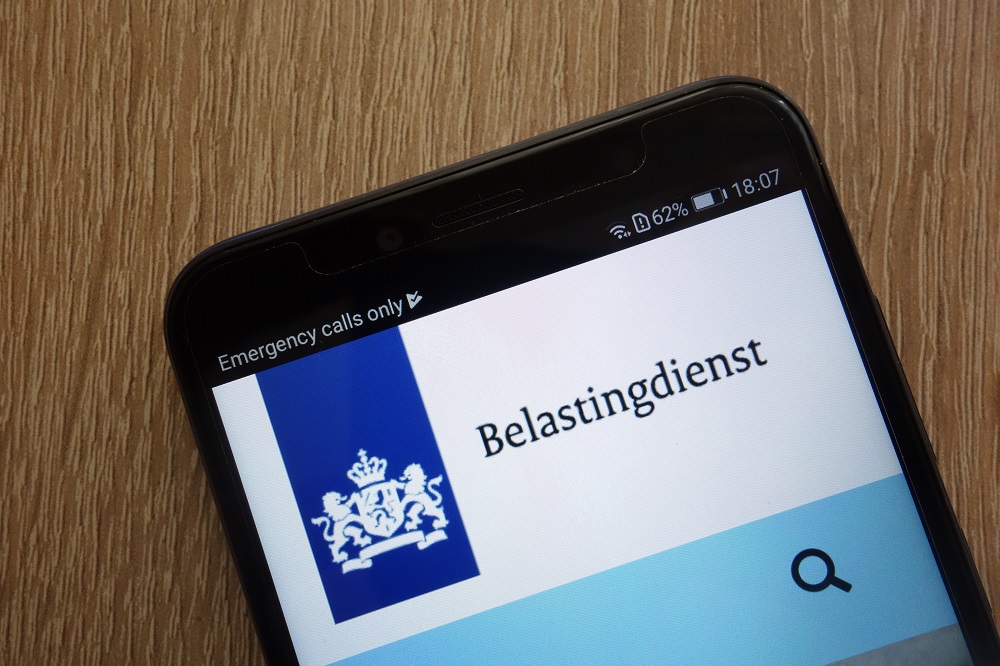Many expatriates who move to the Netherlands find themselves in need of some mental health care. Moving to a new country with your family for a challenge, a change of scene and perhaps a new job, is exciting! However, adjusting to a foreign language and a different culture takes longer, and is more wearing, than some anticipate. This can leave you feeling isolated, sad and depressed. Whether you are experiencing this, or struggling with a mental health issue that is unrelated to your relocation, read on. This page covers the basics of the mental health care system in the Netherlands, and how you can use it.
How to seek mental health treatment in NL
If you are an expat, and you think you would benefit from some psychological treatment, here is what you need to do:
- If you live and work in the Netherlands, you are required to arrange health insurance. Unless you are willing to pay for your treatment privately, you must do this before you receive any form of medical treatment
- If you have not done so yet, you will need to register with a Dutch doctor
- Make an appointment with your doctor, and speak to him or her about the issues you are having. You can find more information on this in our article on: other medical issues in the Netherlands
- Your GP will determine whether or not you require specialist care. If they feel that you are in need of mental health treatment, they will refer you to an appropriate medical professional
How does the Dutch system work?
In the Netherlands, so long as you have a referral from your GP, your psychological treatment will be covered by your health insurance. Here is how the system works:
- Once you have been issued a referral, you can visit one of the many GGZ institutions in the Netherlands. The GGZ is the ‘Dutch Association of Mental Health and Addiction Care’
- At your first appointment, you will have an intake interview. If the health care professional you see decides that you require treatment, it will be arranged and planned out for you
- The Netherlands uses the DBC System. DBC stands for ‘Diagnose Behandel Combinatie‘, meaning ‘Diagnosis Treatment Combination‘. It is used to catalog the care you are given, and to determine how much it should cost. To make this calculation, a minute-by-minute record of patient care is kept
- No one knows exactly how long your treatment will take. This means that the cost of your mental health care can only be determined after it has been completed
- You cannot, therefore, pay per session
Mental Health care for expatriates
Is it easy for expatriates living in the Netherlands to receive mental health care?
- As an expat, you will be able to find psychological help almost anywhere in the Netherlands
- Unfortunately, the treatment will often be oriented towards Dutch patients. Although the Dutch generally speak excellent English, this means that there could be some communication issues between you and your treatment provider
- The issues that typically lead expats to seek mental health treatment are loneliness and difficulty connecting. Dutch doctors may not be accustomed to, or trained in, providing support and treatment specifically for this
Expat Organizations
Here are some solutions to this problem:
- There are some medical institutions that are designed specifically to support expats. You will find these in the Hague and Amsterdam regions in particular
- One excellent example is ‘PsyQ International’
- PsyQ is an outpatient mental health organization, designed specifically to help and support expatriates
- Its professionals have a wide range of knowledge and can offer specialist psychological help in a variety of languages. They are either expats themselves, or have expat experience
- Employees at organizations like this can truly empathize with you, and the struggles you are experiencing
 Useful links
Useful links
- Nederlands Instituut Voor Psychologen: The Dutch institute for Psychologists
- Nederlandse Vereniging Voor Psychiatrie: The Dutch Association for psychiatry
- Parnassia: An organisation that specializes in psychiatry
- U Center: A private clinic for burnout, depression and addiction

The Holland Handbook 2024
It is that time of year again; the new and annually-updated version of The ...

Dutch Taxes
Taxes are always complicated. If you have moved to the Netherlands from another country they ...

The UnDutchables 9.0
Following the legendary previous eight editions of The UnDutchables, the 9th edition of this all ...

Making the most of your Dutch home
Whether you are renting, staying in a long-term AirBNB or have just bought a ...

Gift giving in the Netherlands-all ...
If you feel like skipping your birthday, you may be in for a challenge when ...

10 things you will find in every Du ...
The Dutch are very fond of houseplants, the more the merrier! You will find the ...

Obtaining a Mortgage as an Expat in ...
Obtaining a mortgage as an expat in the Netherlands can be a complex process, as ...

Help me move to the Netherlands!
Obviously, the decision to move to the Netherlands is not one to be taken lightly ...

The Impact of Technology on Educati ...
Education is unending and pivotal in society. Technology is one of the most dynamic entities ...

Five Renovation Tips to Increase yo ...
Learn how much home renovations cost – and which repairs increase the home value, and which ...